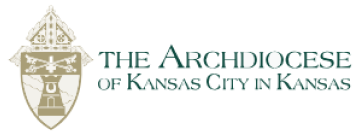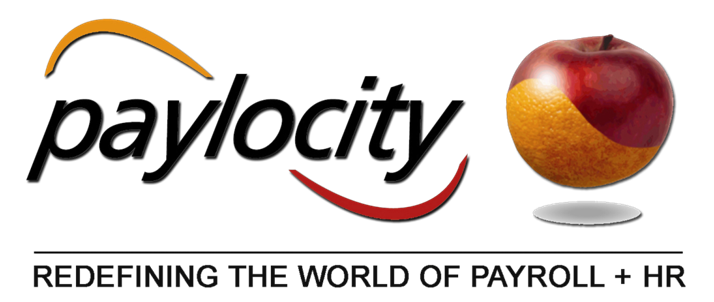FSA Plan
Your employer offers you the opportunity to participate in two different Flexible Spending Accounts (FSAs) administered by Paylocity: a Health Care Flexible Spending Account anda Dependent Care Flexible Spending Account. Each account allows you to set aside money to pay for certain expenses on a pre-tax basis.
Triple Tax Advantage with an FSA
The money you contribute to an HSA/FSA is never taxed.
- NOT when it is deducted from your paycheck and deposited to your account
- NOT when you are reimbursed with the funds from the account
- NOT when you file your income tax return at the end of the year.
*You must actively re-enroll each year to participate in a Flexible Spending Account by making an annual contribution election during Open Enrollment. Once you elect a contribution amount, you cannot change that amount during the plan year, unless you experience a qualifying change of status event.
Health Care Flexible Spending Account
This account allows you to pay for a wide range of unreimbursed medical, dental, and vision care expenses with pretax dollars. The following over-the-counter items are now eligible for FSA spending: Acid Controllers, Allergy & Sinus Medications, Antibiotic Products, Anti Itch & Insect Bite, Digestive Aids, Laxatives, Pain Relievers, Respiratory Treatments, Sleep Aids & Sedatives, Stomach Remedies, and Menstrual Supplies.
Dependent Care Flexible Spending Account
This account is designed for you to pay, with pretax dollars, for qualified childcare expenses for dependents under the age of 13 (or who are physically or mentally incapable of self-care) and for adult day-care services for dependent adults who are unable to care for themselves and live with you at least 8 hours each day. The dependent care provided must be necessary for you (and your spouse, if you are married) to work or attend an accredited school or institution on a full-time basis. Funds may not be used to pay for overnight camps, care provided by a dependent, spouse, or child under the age of 19, and care provided while you are not at work. Qualifying Dependent Care Expenses are those that enable you to be gainfully employed, including:
- Day-Care Centers
- Nannies
- Babysitters
- Adult Day-Care Services
- Day Camps
Dependent care services must have been “incurred,” or fully provided and completed, for the service period before you can be reimbursed for your dependent care expenses. This is important to remember because most providers require prepayment of dependent care services at the beginning of the service period before they provide dependent care services.
Important Note:
Before you enroll in a Dependent Care FSA, you should evaluate the tax advantages, as well as the impact on your tax liability and your ability to take advantage of the Dependent Care Tax Credit. For a detailed listing of eligible and ineligible expenses, refer to IRS Publication 503, which is available from the
IRS website at: https://www.irs.gov/publications/p503
How Do Flexible Spending Accounts Work?
Each year, you decide whether you want to participate in any of the Flexible Spending Accounts.
- If you decide to participate, you must first determine how much you want to contribute to your FSA(s). The amount is based upon your estimate of how much money you and your family will spend in deductibles, copayments, and other eligible expenses in the upcoming plan year.
- During open enrollment, you enroll in the FSA(s) and elect the amount to contribute to your plan(s).
- Beginning with the first pay period of the new plan year, the amount you elected will be automatically deducted from your paycheck in equal increments throughout the year and deposited into your account.
For Dependent Care FSAs, the funds are only available as they are deposited into your account. You then use your funds to pay for eligible health care or dependent care expenses.
Annual Carryover of Unused Funds
Your employer allows employees who contribute to a Health Care or Limited Purpose FSA to carry over $660 of unused amounts remaining at the end of the plan year to be paid or reimbursed for qualified medical expenses you incur in the following plan year. Only those who have FSA coverage through December 31st of the previous plan year can carry over an amount into the next plan year.
Annual Open Enrollment
If you currently contribute to a Flexible Spending Account, please note that elections for the current benefit plan year will not roll over to the new benefit plan year. You must actively re-enroll each year by making an annual contribution election during Open Enrollment.
Account Type
| Account Type | Maximum Annual | Last Date to Incur Expenses | Last Date to File Claims | What happens to any unused balance at the end of the year? |
|---|---|---|---|---|
| Health Care FSA Medical plan enrollment required | $3,300 | December 31, 2025 | March 31, 2026 | You can carry over up to $660 of your unused balance year-to-year** |
| Dependent Care FSA Medical plan enrollment not required | $5,000 ($2,500 if married and filing separately) | December 31, 2025 | March 31, 2026 | Any funds left in your account at the end of the year will be forfeited |
| Limited Purpose FSA HDHP Medical plan enrollment required | $3,200 | December 31, 2025 | March 31, 2026 | You can carry over up to $640 of your unused balance year-to-year** |
| **Amounts in excess of $660 will be forfeited. |


